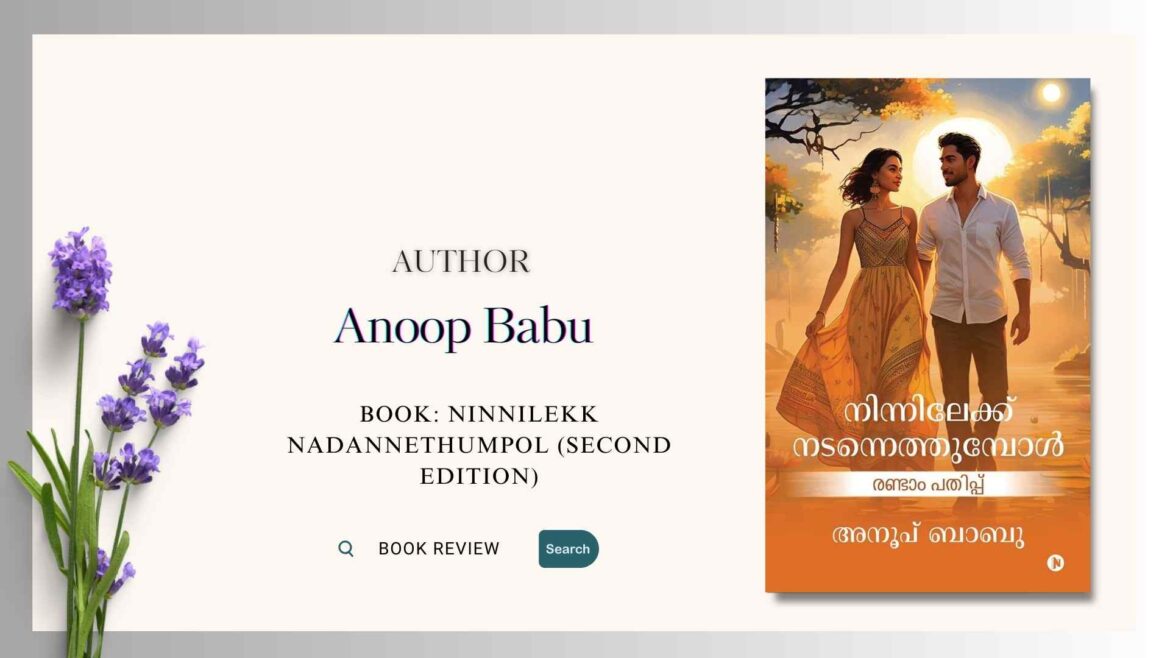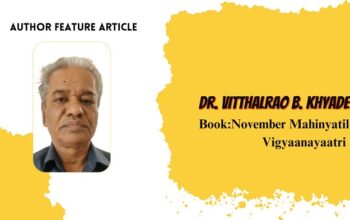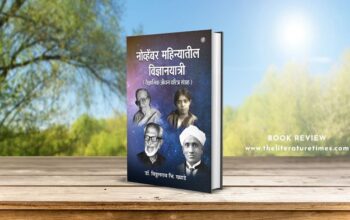Ninnilekk Nadannethumpol (Second Edition) by Anoop Babu is a rich, evocative collection of Malayalam poetry that leaves an indelible impression on the soul. A deeply personal yet universal exploration of love, longing, human values, and emotional depth, this work is not just a book but an experience—a journey through the heart of a poet who observes the world not merely with his eyes, but with his spirit.
This second edition arrives with significance, not just because of its literary merit, but also because of what it represents. The decision to release another edition reflects the impact the first publication had—it touched hearts, provoked thought, and resonated with readers across languages and regions. Anoop Babu, a government servant by profession and a poet by passion, has offered in this collection not just his words, but fragments of his soul. The collection is a tribute to his mother tongue, Malayalam, and it honors the emotional and cultural landscape of Kerala, while also speaking to broader human experiences.
From the very first poem, Anoop sets a tone of sincere introspection. The voice is gentle but assured, emotional but not indulgent. His poems unfold slowly, like lotus petals in the morning mist, revealing layered meanings and moods. Themes of love and romance are not treated in a clichéd or ornamental fashion. Instead, they are wrapped in tenderness and truth, evoking moments of vulnerability, desire, separation, and soulful union. But the poems go beyond romantic love. They also delve into love for life, for nature, for values, and for the very act of feeling deeply in a world that often numbs us.
There is a powerful juxtaposition in the poems between the poetic self and the real world—a world in which values seem to be declining, where empathy is often lost, and where human relationships are strained under the weight of ambition and apathy. Anoop becomes the bridge between this fading reality and the timeless truth of human compassion. In his poetic universe, words become more than just expressions—they become sculptures. Each poem is carefully sculpted to reflect not just thought but emotion, not just experience but reflection.
One of the strengths of this collection is the way Anoop handles the duality of poetic creation. He acknowledges in his reflections that poetry is born twice—once in the thoughts and again in the writing. This concept is felt deeply throughout the book. The poems are not spontaneous outbursts, but crafted expressions—metaphorical sculptures built out of life’s raw material. There’s an awareness that although vocabulary and deep reading support poetic expression, true poetry is born from a place of inner awareness, sensitivity, and soulful experience.
There’s a profound philosophical undertone in the way Anoop writes. His words often carry the scent of memory, the weight of time, and the silence between thoughts. This makes the reader pause and reflect. He invites the reader not just to read, but to listen—to the unsaid, the subtle, the hidden rhythms behind the text. This is poetry that does not rush to impress but waits to be understood. It grows on the reader.
One of the standout qualities of Ninnilekk Nadannethumpol is how it invites the reader to walk alongside the poet. This journey “towards you”—the “you” in the title—could be a lover, a dream, a value, or even the poet’s own higher self. It’s an open-ended invitation, and each reader finds a different destination by the end of the journey. This openness is the mark of refined literary maturity. Anoop is not obsessed with controlling meaning. Instead, he allows meaning to emerge organically, depending on the reader’s inner world and perspective.
Equally remarkable is Anoop’s language—lyrical, refined, and intimate. His diction is gentle and unforced, yet powerful. The use of imagery is subtle but effective. Nature features often in his metaphors—rain, rivers, soil, and sky become mirrors of emotion and thought. His poems are rooted in the local, yet they possess a universality that transcends geographical or cultural boundaries. Whether one is from Kerala or Kashmir, whether one speaks Malayalam or any other language, the feelings conveyed are recognizable, relatable, and real.
As a poet who is also a pioneer in AI-assisted fiction, Anoop Babu is a fascinating literary figure. His duality—between tradition and innovation, between the lyrical Malayalam of his poetry and the technologically-enhanced English fiction of his second book—speaks volumes about his intellectual range and creative courage. But this poetry collection remains deeply human. There is no algorithm here, only authenticity. It’s a beautiful paradox—while Anoop is pushing the boundaries of literature using artificial intelligence in English, he remains deeply grounded in human emotion and poetic tradition in Malayalam.
This second edition, enriched perhaps by reader feedback and deeper reflection, serves as a reaffirmation of the importance of poetry in an increasingly distracted world. In a time where speed and brevity dominate, Anoop’s work slows us down. It invites contemplation, connection, and quiet. There is music in his silences and depth in his pauses.
Anoop’s background as a Senior Auditor may surprise readers—how can someone from such a rigid, numbers-based profession produce poetry with such fluidity and emotion? But this contrast adds to the charm of the book. It shows that creativity can thrive in any environment. It is not confined by profession, age, or background. Anoop’s success and recognition—the awards, accolades, and even the global achievements of his daughter Anaswara—only add to the narrative of a man who believes in the power of words and the legacy of thought.
In reading Ninnilekk Nadannethumpol, one cannot help but feel a sense of gratitude—for being reminded that poetry still matters, that emotions still deserve space, and that the Malayalam literary tradition continues to evolve with strong new voices like Anoop’s. The book is not just a collection of poems. It is a mirror, a diary, a friend, and a quiet revolution.
This second edition is not simply a reprint; it is a reaffirmation of poetry’s place in the heart of Malayalam literature and in the hearts of its readers. It will certainly continue to inspire, soothe, and provoke thought in equal measure. Anoop Babu has sculpted something lasting with his words—an enduring piece of art that resonates beyond pages, beyond time.



